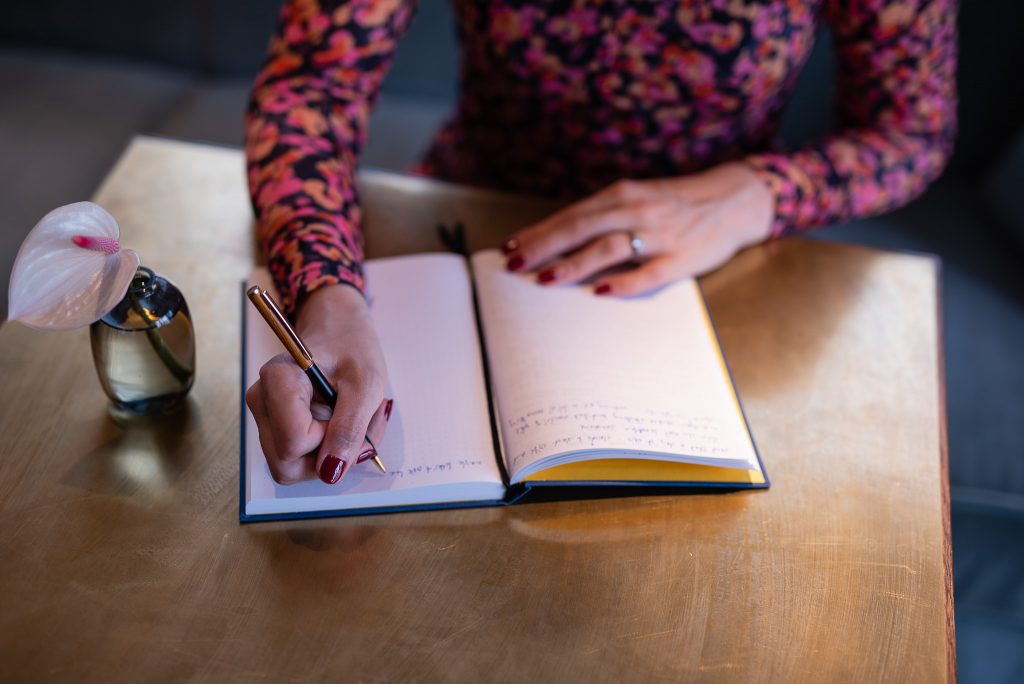Why some sleep advice might feel insulting to you
We all sleep. It’s a basic human need (and a basic right actually but let’s leave that discussion for another time). But how we sleep differs greatly. Some sleep early, some late. Some sleep longer, others sleep shorter. And some sleep well while others have troubling sleeping. Many perimenopausal women often struggle with sleep.
Just like sleep supports us in our everyday life, so does life -or our waking day- affect sleep. And so it is actually no surprise that there are a great many of reasons for poor sleep. What you do, what and when you eat and drink, your lifestyle, how you interact with yourself (e.g. self-care, inner critic) and others, how you feel (about yourself and others), your light exposure to sunlight and screens, your work, your family life, your health, your age, and your sex – all of these things impact on your sleep. And the perimenopause is a period where a whole set of new factors come into play causing sleep to be disturbed.
Why generic sleep advice often fails help
Looking at this list of triggers or contributors to poor sleep, it becomes obvious why generic sleep advice often fails to make a difference. Because it is just that, generic and does not take into account the individual factors a person with poor sleep experiences. That’s why you can follow the sleep hygiene rules, as set of behaviours that are meant to promote good sleep and still don’t sleep well. On the contrary, you might beat yourself up at night for forgoing an evening out at the theatre or a second cup of coffee at lunch and still you aren’t sleeping! (Note: I prefer to talk about healthy sleep habits, much less restrictive and something that you just do rather than force yourself to do. Because if you break the rules, then you are a bad person and deserve to sleep poorly. Now where’s the logic and the care in that?)

What’s the answer, where can you find help?
Look for advice that is directed at you, the woman going through the menopausal transition. Consider what you are doing during the day (your waking life as I sometimes call it), what are the daily stressors and how do you respond to them? Similarly, what’s happening at night and how do you respond to it? Most of the menopausal ‘symptoms’ you can’t control, some you can. But your real power lies in your behaviour and how you respond to being awake at night: resisting and thus fighting it or accepting what is, accepting reality. While reality is far from ideal, allowing yourself to be as you are in the moment, i.e. awake, means you stop fighting and wasting energy. Energy you then have the next day to do the things that matter to you.
If you want to learn more about how I can help you sleep well and feel good, book a 15-minute initial call with me.
Warmly,
Dr Kat
